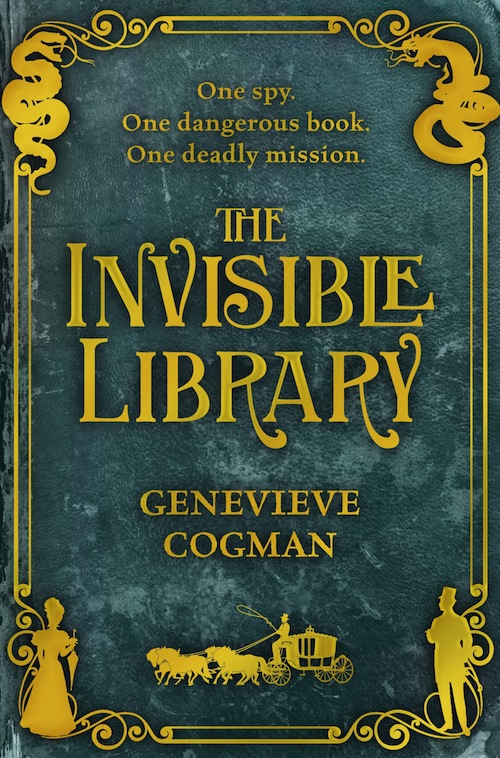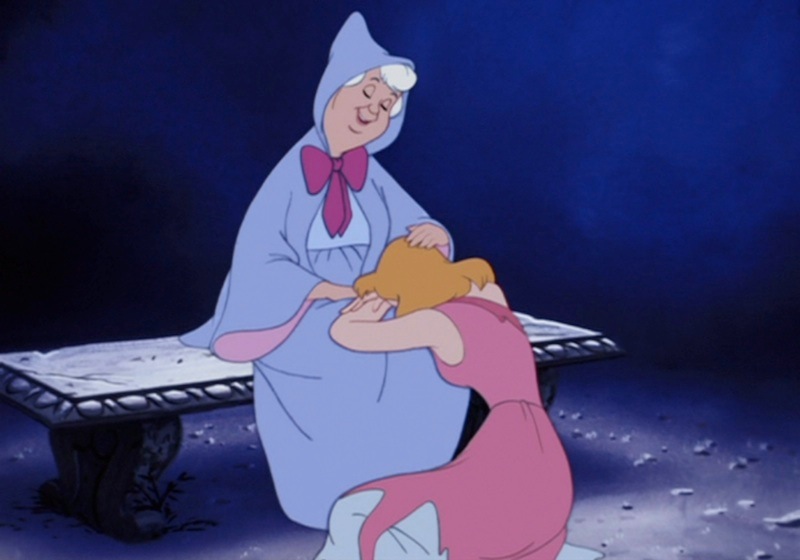The trouble with fairy tales is that they’re not fair.
They seem fair enough at first: do the right thing, and you will be rewarded. Be nice to the old woman, help the trapped animals, work hard, get your mother’s blessing, and you can be the lucky child who wins a kingdom, marries the prince/princess, and lives happily ever after. But that all depends on the protagonist having drawn the right combination of cards in the first place: he or she is the lucky third or seventh child, and has a fairy godmother or patron witch, and is a nice person in the first place.
You only get through a fairy tale by following the rules and being the lucky character. In the Discworld books, Terry Pratchett introduces the concept of narrativium: the story will have its own way. And if you aren’t the lucky third son or seventh son or virtuous daughter, then you may get killed off or used as an example, or have your eyes pecked out by sweetly singing birds. And nobody necessarily tells the protagonist that he or she is in a fairy tale.
Fairy tales are card houses of illogic, where the protagonist is teetering on top of a set of contrived circumstances. It’s like the sort of videogame where you need a guide to get through the steps of a quest, however illogical or contrived they are, in order to get the ultimate reward. That’s partly why modern rewrites of fairy stories where the hero/heroine/protagonist does the sensible thing or applies logic to the situation can be so entertaining. It’s what we might do (or might like to think we’d do) if we were there.
From a certain perspective, being in a fairy tale is like being in a horror movie of the cautionary tale type. The Final Girl survives, the virgin makes it out alive, everyone else dies horribly or is a similar Good Example Of What Not To Do. If you’re a wicked parent, then you get a millstone dropped on your head, or you dance to your death in red-hot shoes, or you get washed away in a lake of alcohol, or similar. (The lake of alcohol example may be a little wobbly: I only vaguely remember that one, which involved a thousand elephants and a tower built from ivory tusks and a few other impossible tasks for the hero.)
And there usually isn’t even any proper excuse for the villain’s villainy: no history of abuse, no warped family relationships, no tragic loss of body parts or loved ones. Wicked witches are wicked because witches are wicked, man-eating giants eat men because, well, man-eating giants eat men by definition. You might get away from Baba Yaga by doing her chores, stealing her horse, or having your mother’s blessing to protect you, but you won’t be able to do it by psychoanalysing her or convincing her to have a change of heart.
Faerie magic tends to be just as brutal, just as harsh, and just as inhuman. (At this point I recommend Jonathan Strange & Mr Norrell by Susanna Clarke, which is brilliant.) They speak a different emotional language, come from a different viewpoint, have a different set of priorities. In her Tam Lin, Pamela Dean describes the elves or Faerie as “… foreign. They look as if they ought to mean something, but you can’t tell what it is.” They can be shockingly direct. The human knows too much? Enchant her. Kill her. Poke out her eye that can see through our illusions. Oh had I known, Tam Lin, she said, what this night I would see, I had taken out thy two grey eyes, and put in two of tree. The elves or Fae or faerie may fall into semi-recognisable human attitudes, but when push comes to shove, or when promises must be interpreted or fulfilled, they are not human at all.
 In the far ends of the worlds that you can reach from The Invisible Library, in the worlds where chaos rules and order doesn’t matter, everything works by the rules of fiction. Reality is not important. Reality is unrealistic. Reality is a story, and you are subject to its arbitrary rules. You don’t get to say what part you will play in the narrative, or whether you will get a happy ending. The Fae just want a good story. They are inhuman, chaotic, reaching into the worlds around them in the shapes of narrative. They think in terms of stories because that’s how they perceive everything.
In the far ends of the worlds that you can reach from The Invisible Library, in the worlds where chaos rules and order doesn’t matter, everything works by the rules of fiction. Reality is not important. Reality is unrealistic. Reality is a story, and you are subject to its arbitrary rules. You don’t get to say what part you will play in the narrative, or whether you will get a happy ending. The Fae just want a good story. They are inhuman, chaotic, reaching into the worlds around them in the shapes of narrative. They think in terms of stories because that’s how they perceive everything.
But sometimes you have to go into the woods. (Into the woods we go again, we have to every now and then…) Though in that musical, and in the film, the protagonists escape and survive by cooperating with each other and being sensible. In the classic fairy tale, that doesn’t generally happen—either the being sensible, or the cooperation.)
And worst of all, in the darkest part of the woods, reality is a fairy tale, and the monsters are waiting for you.
Let’s hope you’re lucky.
This article is also published on the Tor UK blog.
Genevieve Cogman got started on Tolkien and Sherlock Holmes at an early age, and has never looked back. But on a perhaps more prosaic note, she has an MSC in Statistics with Medical Applications and has wielded this in an assortment of jobs: clinical coder, data analyst and classifications specialist. Although The Invisible Library is her debut novel, she has also previously worked as a freelance roleplaying game writer.










